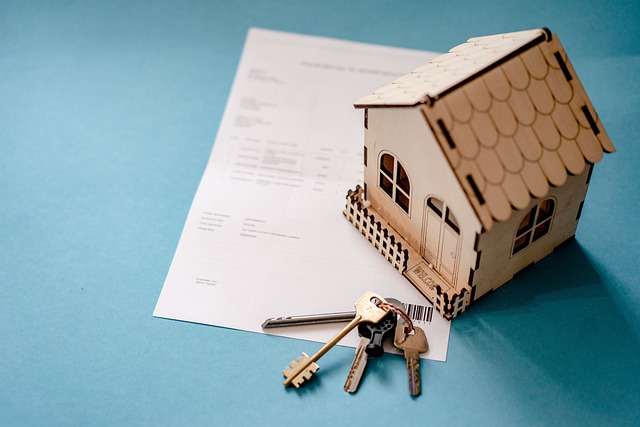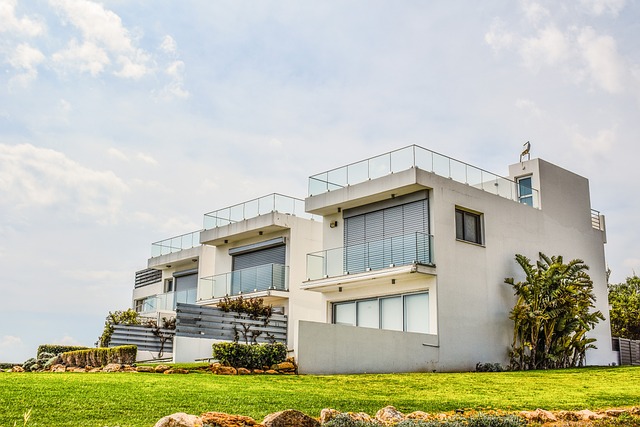Singapore's Executive Condominiums (ECs) serve as dual-purpose housing for first-time homeowners and those transitioning from public to private housing. To be eligible for an EC, applicants must be Singapore citizens aged 21 or older, in a marriage or long-term relationship with plans to marry, and not own any residential property at the time of application. A five-year or eight-year waiting period applies after previous property transactions to prevent speculative flipping and ensure the availability of ECs for genuine applicants. The Five-Year Occupancy Policy mandates that EC owners reside in their unit for at least five years before it can be sold on the open market, promoting community stability. After this initial period, owners can benefit from capital appreciation and more favorable conditions in the resale market. When considering a pre-owned EC from the resale market, applicants must still meet certain eligibility criteria, including citizenship or permanent residency status, a Singaporean spouse, and an income ceiling qualification. These units are subject to the same regulations as new ECs sold by developers. Prospective buyers should research market trends and consult a real estate expert specializing in EC transactions to navigate this niche sector effectively. The government's policies on ECs reflect its commitment to providing accessible housing options within a balanced and sustainable housing ecosystem.
In Singapore’s dynamic property landscape, Executive Condominiums (ECs) stand as a unique housing option for both families and investors. This article delves into the intricacies of EC eligibility, demystifying the framework that governs these versatile homes. From grasping the five-year occupancy policy to understanding the nuances of the resale market, this guide is tailored to equip you with the knowledge needed to navigate the world of ECs confidently. Whether you’re a first-time homebuyer or an experienced investor, the insights here will provide clarity on the path to owning an Executive Condominium in Singapore.
- Understanding the Framework of Executive Condo (EC) Eligibility in Singapore
- The Five-Year Occupancy Policy and Its Implications for EC Owners
- Navigating the Resale and Second-Hand Market for Executive Condos: What You Need to Know
Understanding the Framework of Executive Condo (EC) Eligibility in Singapore

In Singapore, the Executive Condominium (EC) serves as a housing option for both first-time homeowners and upgraders from public to private housing. The framework governing EC eligibility is designed to cater to the varying needs of these groups while maintaining a stable property market. Prospective applicants must meet specific criteria to be eligible to purchase an EC. These include being at least 21 years old, a Singapore citizen, and either married or in a long-term relationship with the intention to marry your partner. Additionally, applicants must not own any residential property at the time of application, which includes private condominiums, apartments, or houses. This ensures that ECs are primarily accessible to individuals and families who need them most, facilitating their transition into public housing before potentially moving to private properties later on.
Furthermore, the eligibility period for owning a residential property before applying for an EC has specific boundaries. Singles can apply five years after selling their previous flat, while couples can do so only after waiting out eight years from the point of acquiring their earlier flat. This cooling-off period prevents individuals from quickly flipping properties to circumvent the policy. It also helps maintain a balance in the housing market by ensuring that ECs are available for those who genuinely require such housing options. Prospective buyers must carefully consider these eligibility requirements before committing to an Executive Condominium, as failing to meet them could result in the application being rejected. The Singaporean government’s clear and structured approach to EC eligibility ensures that these homes serve their intended purpose within the community.
The Five-Year Occupancy Policy and Its Implications for EC Owners

In Singapore, Executive Condominiums (ECs) serve as a housing option for individuals and families who aspire to own a condo but may not yet meet the criteria for a private condominium. A key aspect of EC eligibility is the Five-Year Occupancy Policy, which outlines the conditions under which an EC owner can sell their unit without penalties. This policy stipulates that owners must occupy the unit as their primary residence for at least five years before they can sell it on the open market. The rationale behind this policy is to promote stability within these communities and ensure that the supply of ECs is sustainable, catering to the long-term housing needs of upgraders. Owners who breach this occupation requirement may face restrictions or additional buyer’s stamp duties when selling their unit after the initial five-year period, reflecting the government’s commitment to balanced and diverse housing options for Singaporeans.
Upon completion of the five-year occupancy period, EC owners gain greater flexibility in the resale market. This policy encourages residents to first satisfy their initial intention of using the EC as a starter home before transitioning to other forms of public or private housing. For those who adhere to this policy, it opens up opportunities for capital appreciation and a smoother transaction when they decide to sell their units. Conversely, non-compliance with the occupancy requirement can lead to financial penalties, making it imperative for EC owners to understand and abide by this rule as part of their long-term housing strategy in Singapore. The Five-Year Occupancy Policy is a testament to the structured approach taken by the Singapore government to manage public housing, ensuring that the Executive Condominium scheme remains accessible and beneficial to eligible applicants.
Navigating the Resale and Second-Hand Market for Executive Condos: What You Need to Know

When considering the purchase of an Executive Condominium (EC) in Singapore’s resale and second-hand market, it is crucial to understand the unique eligibility criteria and procedures that apply to these properties. Unlike new EC units, which are sold directly by developers under the government’s program to offer affordable housing options for Singaporeans, resale ECs are pre-owned units in the open market. Prospective buyers must still adhere to the eligibility conditions set forth by the Housing & Development Board (HDB) and the Ministry of National Development. These include being a Singapore citizen or a permanent resident married to a Singapore citizen, as well as an income ceiling requirement. It is also important to note that only five family members are allowed to live in an EC, which differentiates it from HDB flats where up to six can reside.
Before making an offer on a resale or second-hand EC, potential buyers should familiarize themselves with the available unit types and their pricing history. The Singapore Resale Price Index can serve as a guide for market trends and expected price ranges. Additionally, buyers should be aware of the lease terms, as most ECs are leased from the government for 99 years. This means that when the lease ends, the land will revert to the state. Prospective buyers must also ensure that the remaining lease on the property will cover their planned occupation and the duration of their home ownership. Engaging a real estate agent with expertise in EC transactions can provide valuable insights and facilitate a smooth transaction in this specialized segment of the housing market.
In conclusion, navigating the landscape of Executive Condominium (EC) eligibility in Singapore requires a clear understanding of the framework set forth by the government. Prospective EC owners must consider the five-year occupancy policy and its long-term implications for resale value within the vibrant property market. The intricacies of the resale and second-hand market for ECs are multifaceted, with potential buyers and sellers needing to be well-informed of the current conditions. By understanding these aspects, individuals can make informed decisions that align with their housing aspirations. Whether one is looking to purchase a new EC or explore options in the resale market, the information presented in this article serves as a guide to demystify the process and highlight the opportunities available within this unique segment of Singapore’s property scene.


